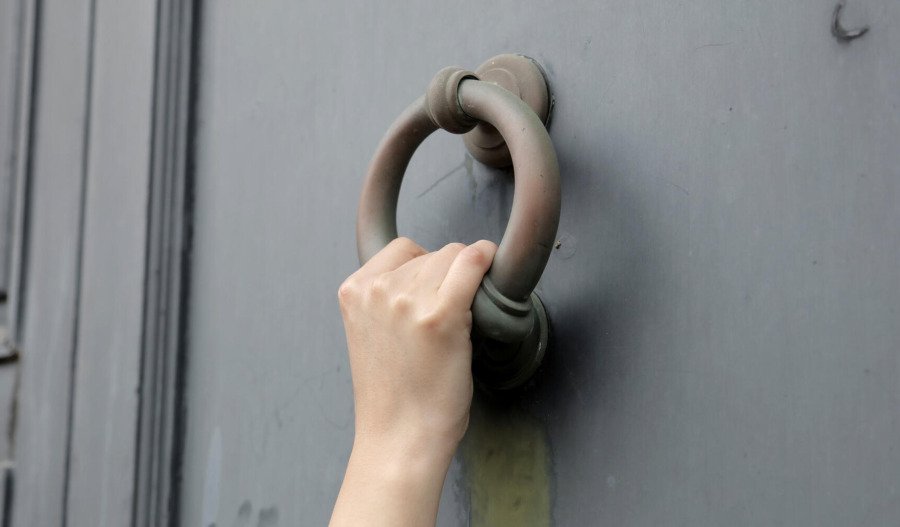The Trump administration has rolled out the welcome mat for Australian miners, and this time, they're bringing United States taxpayer equity capital to the table.
China controls 86% of the rare earths processing market globally, and when Trump imposed tariffs on Chinese goods, Beijing responded by restricting exports of rare earths and permanent magnets - on top of other strategic metals.
It was a hammer blow to Western industries, as they're essential inputs for carmakers, semiconductors, clean energy technologies and weapons systems.
And, as one of its closest allies, Australia and its wealth of rare earths and other strategic metals have suddenly become central to America's economic trade war with Beijing.
Vis-à-vis, the U.S. government has offered to buy stakes in Australian critical minerals companies as part of a funding package designed to expand domestic supply and cut reliance on China, according to executives who recently returned from meetings in Washington and New York.
"U.S. government officials were saying to companies, you come to us with a proposal and we'll assess it and try and make it work through those various funding channels and programs that we have available to us," Andrew Worland, CEO of International Graphite, told Reuters.
Worland led a 15-company delegation that met with senior Trump administration officials in September, including David Copley - a former mining executive now heading the National Security Council's supply chain office - and Joshua Kroon, a deputy assistant secretary for critical minerals and metals at the International Trade Administration.
The financing options span traditional debt, debt and equity models which include an "equity kicker," and offtake agreements where the U.S. government could prepay for material to add to defence stockpiles.
US Sovereign wealth at play
The American government has already taken ownership positions in several US-listed strategic materials producers as part of this broader strategy.
The Department of Energy recently secured dual 5% stakes in Lithium Americas - one in the company itself and another in the Thacker Pass lithium operation jointly held with General Motors.
In July, the Pentagon invested $400 million in July for a 15% holding in rare earths producer MP Materials, structuring the deal with price floor guarantees to protect against Chinese market manipulation.
There's already a precedent for Australian operators as well.
RZ Resources secured historic financing from the Export-Import Bank of the United States (EXIM) in September, becoming the first domestic critical minerals outfit to receive EXIM backing.
It's also the first home-grown venture to get EXIM financing since the Roy Hill iron ore development in 2013.
RZ's Copi Mine, which holds an 818Mt resource with mineral grades of 11.3% zircon, 10.8% rutile, and 10% leucoxene, was recognised at the 2025 Quad Leaders' Summit as having "global significance" for its potential to deliver strategic materials from Australia to the US, Japan, and India.
The mine, if developed, is expected to generate more than 16 megatonnes of export materials over its mine life.
20 October
Prime Minister Anthony Albanese is set to meet President Trump in Washington on 20 October, and Australia has indicated it's willing to sell shares in its newly established strategic reserve to allies, including the U.S. and UK.
The reserve was set up in April and is shaping up to be a significant bargaining chip for Australian geopolitik.
Meanwhile, Trump is currently reviewing the AUKUS defence pact, while simultaneously pushing Canberra to increase defence spending from 2% to 3.5% of GDP.
Cooperation on strategic materials could give Australia more leverage in discussions about the nuclear submarine partnership and other defence arrangements.



